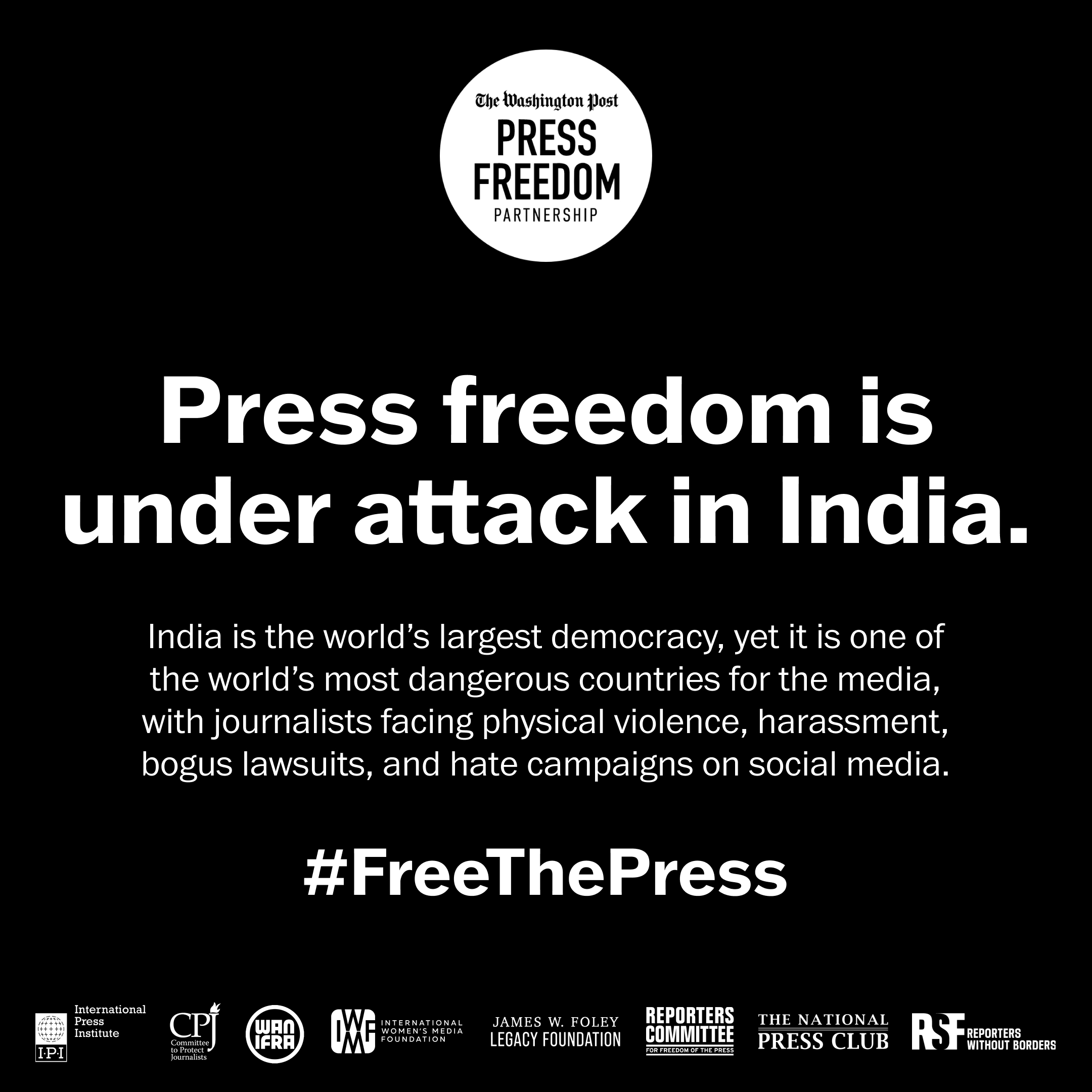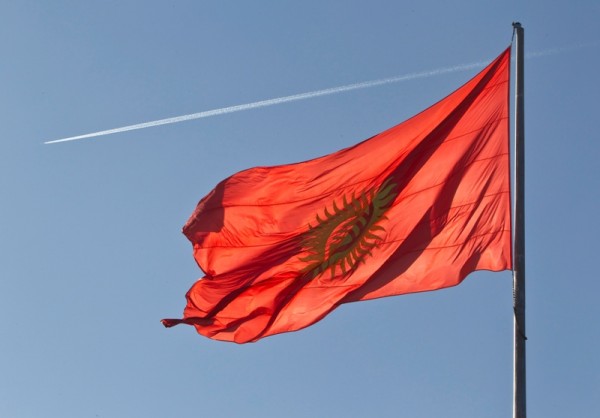The IPI global network calls for U.S. President Joe Biden to prioritize press freedom issues in India while he hosts Indian Prime Minister Narendra Modi this week. The alarming deterioration of press freedom in India must be halted, and Biden must make tackling these issues at home and abroad a priority.
Modi is in the U.S. for a three-day official state visit, during which he will be hosted by the White House. Biden must use this opportunity to raise critical issues regarding press freedom in India, including the plight of Kashmiri journalists and the expanded use of “lawfare” to silence critical journalists, and compel Modi to take concrete steps to improve the environment for press freedom in the country.
In the decade since Modi came to power, crackdowns on the media have become increasingly common. Last month, IPI published an open letter to Modi, urging him to “take immediate and concrete action to protect freedom of expression and media freedom and to ensure that the Indian public can exercise their fundamental right to receive diverse, independent news and information.”
This week, IPI joined with seven other international press freedom groups as part of the Washington Post’s Press Freedom Partnership to publish a newspaper ad calling attention to the plight of six journalists currently being detained for alleged violations of Indian security laws.

IPI joined with members of the Washington Post’s Press Freedom Partnership in an ad published this week sounding the alarm on attacks on the free press in India.
In the last year alone, IPI documented over 200 press freedom threats or violations, which include judicial harassment, targeted online hate campaigns, physical attacks, and detentions of journalists critical of Modi’s nationalist Bharatiya Janata party, which has specifically targeted members of the Muslim minority. Many of these violations were committed at the hands of state authorities, underscoring the onus on Modi to initiate an immediate course reversal to protect the free press, a cornerstone of democracy.
In 2019, Modi revoked Jammu and Kashmir’s special autonomy status, leading to a harsh crackdown on independent media operating in the predominantly Muslim region. Since then, internet and mobile service shutdowns, travel bans, raids, surveillance and interrogations of Kashmiri journalists have made Indian-administered Kashmir “one of the world’s most difficult and restrictive environments” for journalism. Kashmir has the highest rate of internet shutdowns in the world, making it nearly impossible for journalists to contact sources, gather and verify information, and publish their work.
The weaponization of the law against critical journalists has also become increasingly common. India’s criminal code, the IT Act, the Unlawful Activities Prevention Act, and the Public Safety Act have all been used to censor journalists and outlets reporting on governmental corruption and human rights abuses. Most recently, India’s Law Commission released a report recommending that India’s sedition law, which was suspended by the Supreme Court in May 2022, be reinstated and expanded in scope. The suggested changes would make it even easier for the government to stifle dissent in the country.
“As the world’s largest democracy, India must be a leader in advocating for and protecting the freedom of the press, which is guaranteed under India’s constitution,” said IPI Director of Advocacy Amy Brouillette. “Attacks on journalists are anathema to a healthy democracy. The Biden administration must use this state visit to raise these critical issues and demand that Modi’s government take immediate action to alleviate the obstacles Indian journalists face in carrying out their work independently and safely.”



